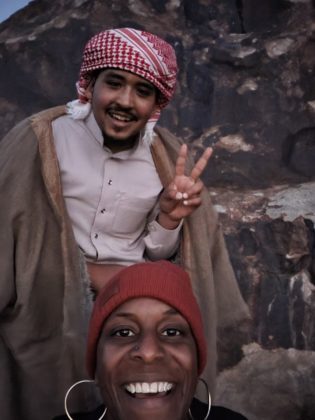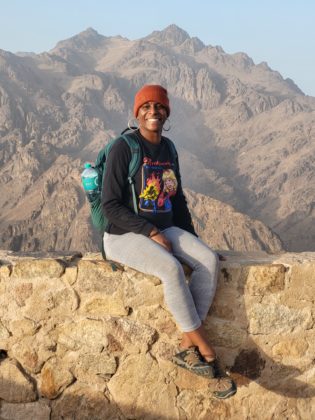by Angela Sargent —
It was Sept. 1, and we had been involved in eight weeks of intense professional development.
We had been trained on everything from the employee handbook to the school curriculum. Surprisingly, it was the same curriculum we used in my former school system.
We were pumped and ready to meet our parents and students when we were called to our general assembly location.
The director announced that the first order of business for the new minister of education was to delay the start of school until September 18 so all international schools would have a unified start date.
Due to this change, we were told to report to work on September 15. The entire staff was in shock. I became anxious because coming to work helped me deal with my homesick woes.
After the initial shock wore off, a group of teachers decided to take a road trip to Dahab, Egypt.
We packed our bags and caught the 6 a.m. bus to Dahab. It was an eight-hour ride with five security checks. Each check required that we get off the bus, unload our luggage, open the bags, and show our passports.
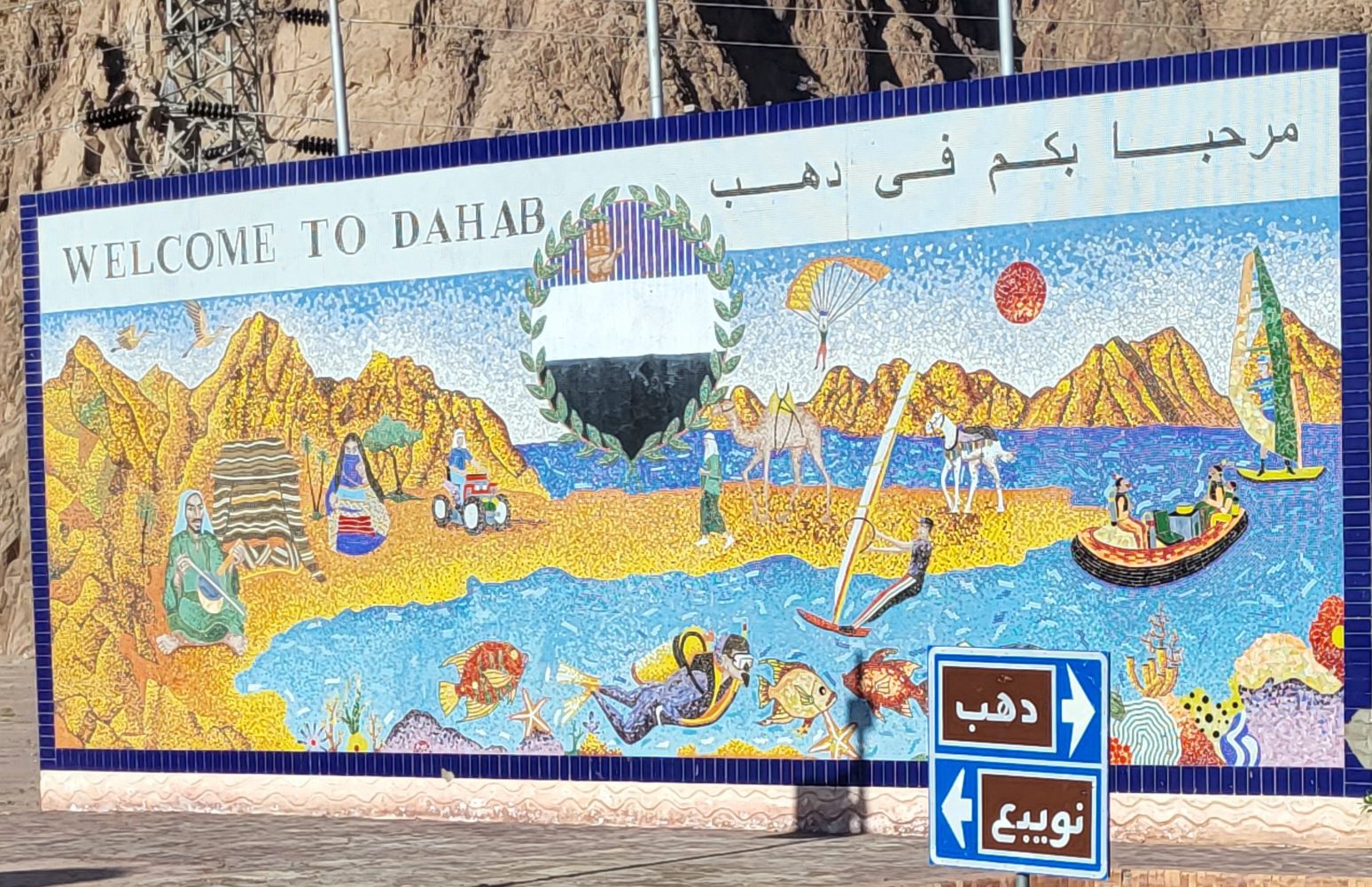
Once we arrived, I was able to do what I considered biblically historical things. I went scuba diving in the Red Sea and climbed Mt. Sinai to see the sunrise.
The feeling of anxiety that I once felt began to transform into empowerment and liberation.
In Dahab, I saw a side of Egypt that I had not been exposed to while in Cairo. I met and talked to Egyptians who had gone from beggars to business owners.
Dahab is filled with seaside restaurants and stores that are breathtaking and welcoming to people worldwide.


Then, after five beautiful days of exploring, it was time to head back to Cairo and prepare our minds for work. I felt refreshed and even more energized. I was ready to take on my assignment as a second-grade teacher.
Sept. 15 was meet the teacher night. I am nervous and excited. This was my first encounter with the parents and students.
I had so many questions going through my head: Will my appearance intimidate them? Would we be able to understand each other? Most importantly, how will the students receive me?
I am an eccentric African-American woman from the South. I did not know what to expect.
To my surprise, the parents were very welcoming and celebrated my uniqueness. The students and I took to each other like old friends.
They had many questions about America, Disneyland, New York, and the President. I left that night feeling so grateful to be a teacher.
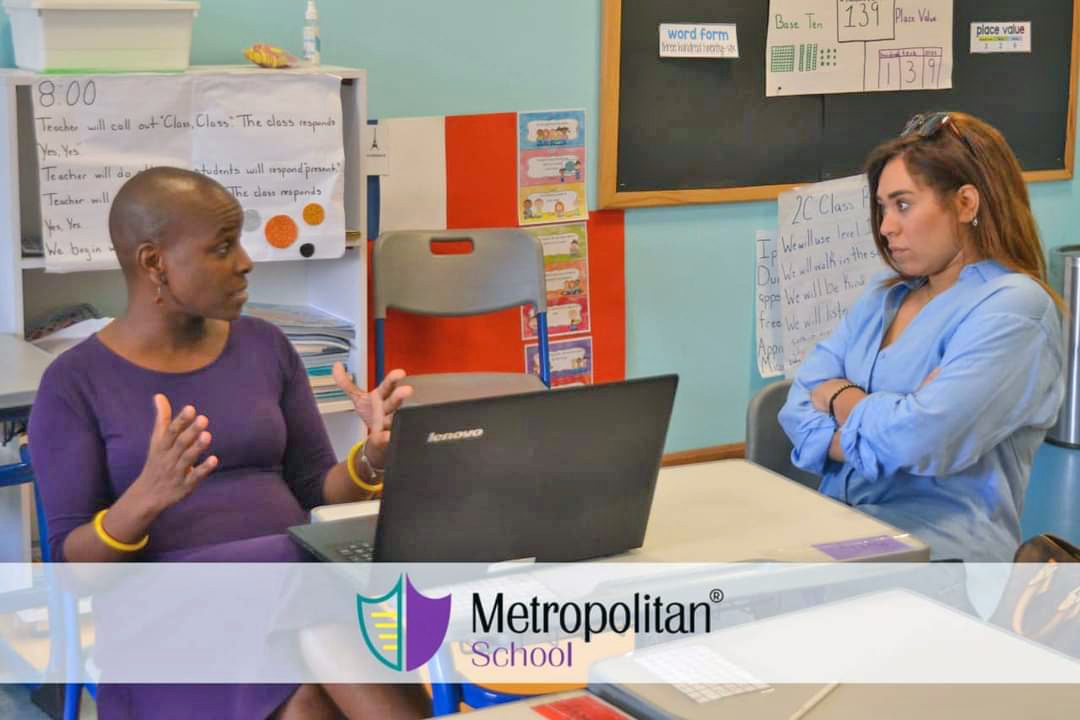
Sept. 18 is the first day of school, and everyone is energized and ready to start the school year.
Each day begins outside in the garden with a salute to the Egyptian flag and the country’s anthem. Teachers and students are dismissed to their classrooms for a day full of rigor and elementary school adventures.
The school culture is different in Egypt.
There are nannies and matrons assigned to every hall of the school. The nannies who wear pink are responsible for handling the personal needs of the students, such as assistance in the restrooms and changing clothes.
The nannies in blue manage all the cleaning needs of the hall and transport water from the outdoor water supply inside.
Lastly, the matrons are the assistants to the teachers. They monitor the students during restroom breaks or take students to the doctor when needed.
There also is one butler on staff. He prepares and delivers coffee and tea throughout the entire school day.
It is quite an unbelievable experience.
The students are served catered meals with various choices, from Koshari (a traditional Egyptian dish consisting of rice, pasta, and lentils) to the All-American burger.
Students also have access to specialty training, such as swimming, gymnastics, and fitness, all on the school campus.
Most parents view special training as more important than homework. Parents are vocal about the importance of training and the lack of time for additional schoolwork.
Arabic, French, and religion also are taught during our school day.
Due to the mixed culture, the religion classes are taught separately upon parents’ request.
I learned so much about Egyptian culture just by merely taking attendance.
Students do not have what Americans call last names; they have family names. Each student is given the first name then they take on their father’s first name and grandfather’s first name.
They use the father’s first name for school. For example. Ali (child’s name), Mohammed (father’s name), Ahmed (grandfather’s name). For school purposes, he is called Ali Mohammed.
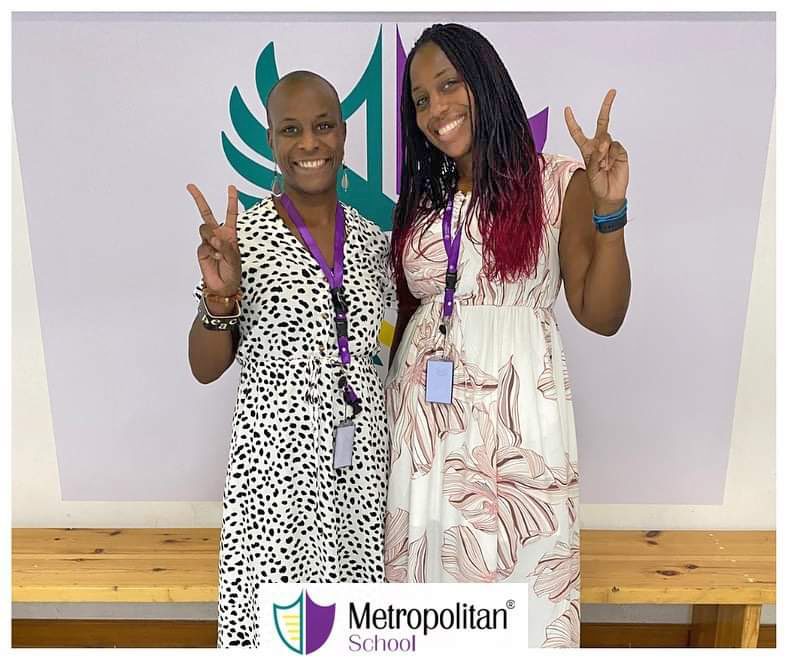
My experience here has intensified my passion for teaching. I have used my gift of teaching to facilitate learning beyond the obstacles of language, religion, and social economic status.
I have learned so much from the students and my day-to-day life as an ex-pat. Teaching abroad is not for the faint at heart, but it is definitely worth experiencing.
You will never see teaching the same way again.
Follow Angela’s journey in The New Tri-State Defender and online at TSDMemphis.com.
- TSD and local teacher invite you on a two-year ‘journey’ to Cairo, Egypt
- My 30-day intro to Egypt: Exhilaration, exhaustion and a ‘Mummy Tummy’ lesson



